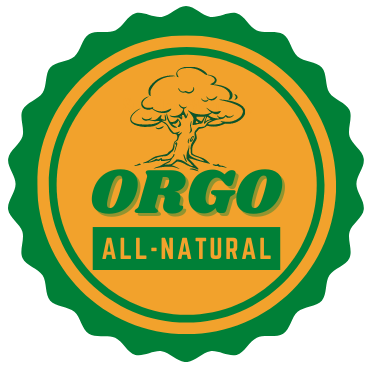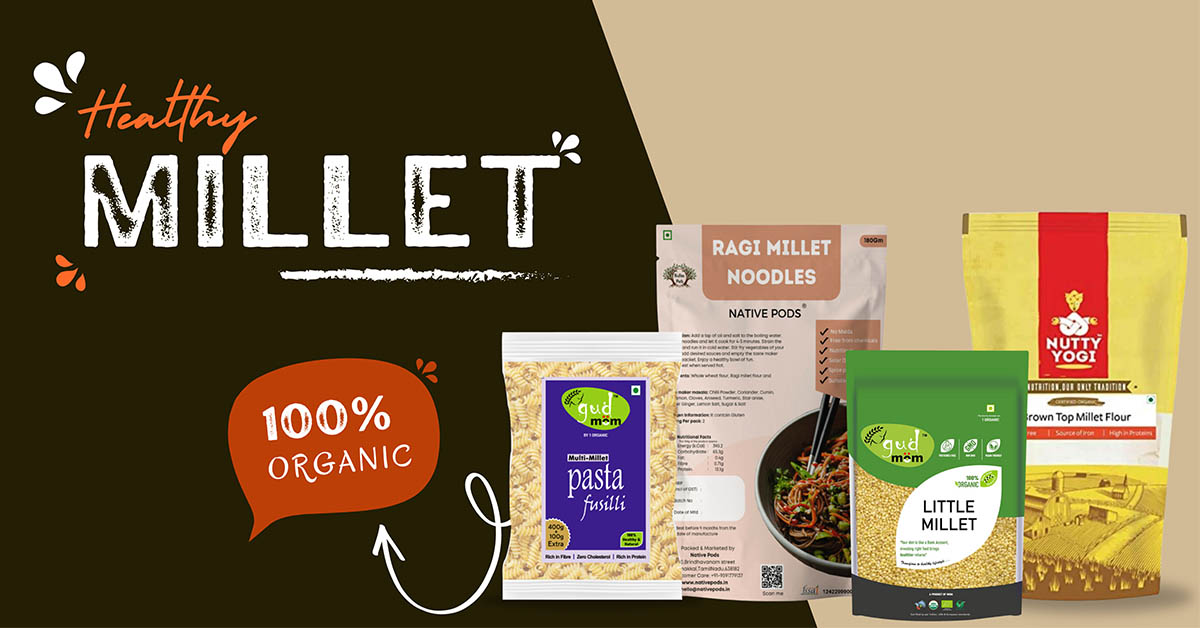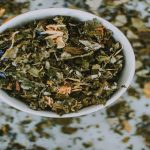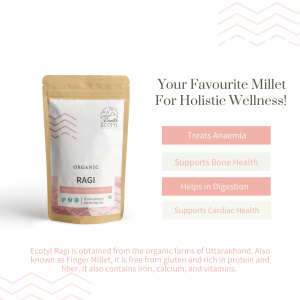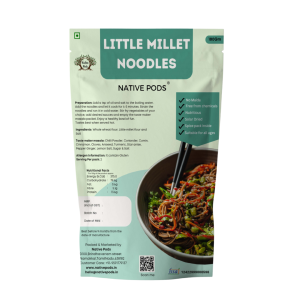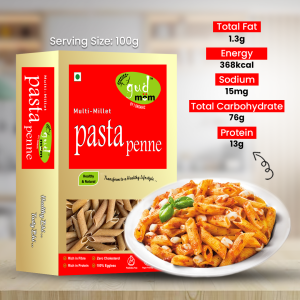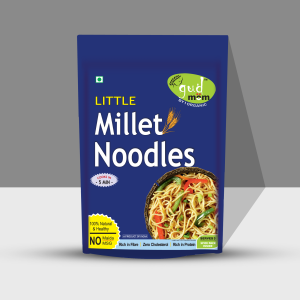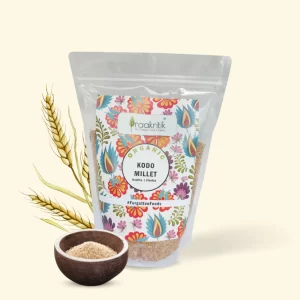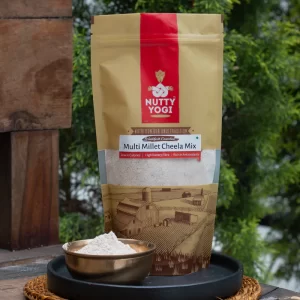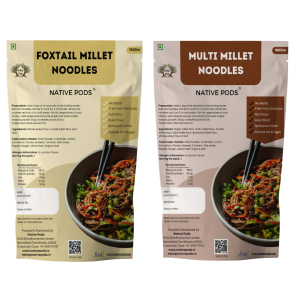Millet is gaining attention as a nutritious superfood as it has multifold benefits along with high protein, minerals, and dietary fiber. Millet grain is abundant in nutrients and health-beneficial phenol compounds, making it suitable for food and feed.
On India’s proposal to the Food and Agricultural Organization (FAO), the year 2023 has been declared as the year of millet. The observation of the millet year will help in the promotion and consumption of millet in the country as well as the world.
Here is a detailed article on millet as a nutritional substitute and how to incorporate it into your diet.
What is Millet?
Millets are one of the oldest foods, these are the small-seeded crops that can grow in dry zones or rain-fed areas under marginal conditions of soil fertility and moisture. Millet can not only grow in poor climatic or soil conditions and provide nutritious grain as well as fodder but it can also very well fit into multiple cropping systems under irrigation as well as dry land farming due to their short growing season.
Millet is cultivated on low-fertile land, tribal, and rain-fed mountainous areas. These areas include Haryana, Uttar Pradesh, Chhattisgarh, Gujarat, Rajasthan, MP, Maharashtra, TN, and Telangana.
Importance of Millet in Our Daily Diet
Improves Heart Health:
Millet is packed with rich fiber content and it helps to lower the blood cholesterol level. Magnesium plays a role in reducing blood pressure and the risk of heart attack. It also helps in keeping the body fat level low.
Also Read:- Millets Benefits, Side Effects and Nutrition Value
Controls Blood Sugar Level:
Due to the good quality carbohydrates in it, millet is a great way to control blood sugar. By having millet items in breakfast, energy remains in the body throughout the day. According to diet experts, the starch present in millet has a positive effect on diabetes, which slowly converts into glucose.
Improves Immunity:
Studies proved that millets have immune-boosting properties which may help in preventing infections. It upgrades natural immunity to protect the body from various diseases. A grain of millet contains zinc, potassium, copper, magnesium, and iron and these are the components that help the body function properly.
Also Read:- Millets Brands
Helps in Digestion:
Millet is a fiber-rich grain and thus helps in combating constipation. It also reduces the risk of colon cancer.
Ennoble skin Health:
Millet contains vitamin E, amino acids, magnesium, and fatty acids, all beneficial to skin health. Millet is suggested to improve skin moisture and elasticity.
Detoxifies the Body:
As we all know antioxidants help in cleaning the toxins from our body, and here millet is a good source of it. By including millet in your diet you can protect your kidney and liver from harmful toxins.
Nutritional Value of Millet
Here is a comprehensive list of the amazing facts of millet.
(Data is presented per 100 grams of Millet)
Also Read:- Types of Millets
How Much Millet is Ideal per Day?
Millets like Jowar and Ragi can cause delayed digestion due to high fiber quantity and thus can be eaten once a day. Experts advise consuming 30- 40 grams of millet for an adult each day. Though millets are advised in moderate amounts excessive consumption can lead to adverse effects.
Millet-Based Food Products
Millet Grain:
This is the most common form of millet. In the market, it is very much available in tiny yellow seeds.
Puffed Millets:
Don’t be confused with the idea of popping millets, puffed millet is prepared by applying heat and pressure to the millet grain and made like puffed rice.
Millet Flour:
Millets can be consumed as a wonderful gluten-free flour. We can prepare roti, and cakes, and even mix millet flour with other flour to use accordingly.
Millet Rava:
Millet rava is prepared by breaking the whole grain millet but after hulling. It is a little different from millet flour as the bran of millet is not removed so we get an unpolished form.
Millets are best when consumed in moderate quantities. As it is considered a staple food, excessive intake can lead to vomiting, nausea, etc. Millets are delayed digestive food so, people with intestinal disorders can face difficulty. Millets contain goitrogen and this is the substance that helps in the production of thyroid hormones. So, people with thyroid problems need to take care while consuming millet.
Illation
Besides all the benefits and shortcomings, millet cultivation is eco-friendly as they are predominantly rain-fed crops. Plus it takes only 65 weeks to grow. So, worldwide millets are getting popular keeping in mind the nutritional value of it and agro friendly situation.
